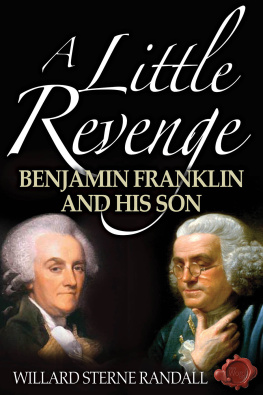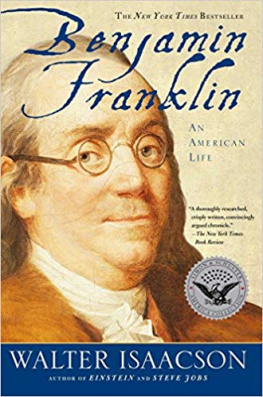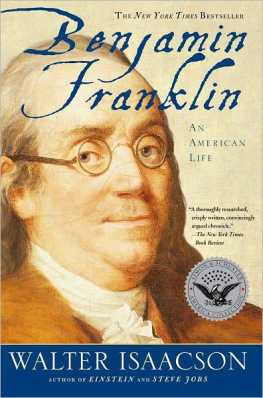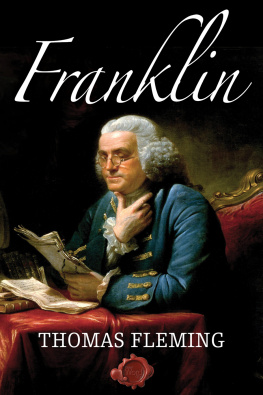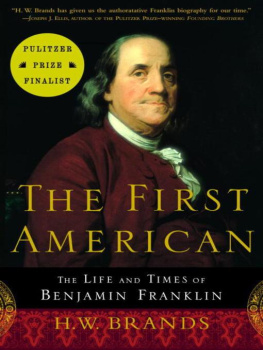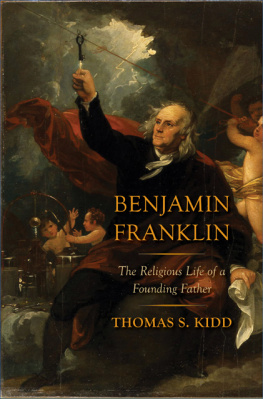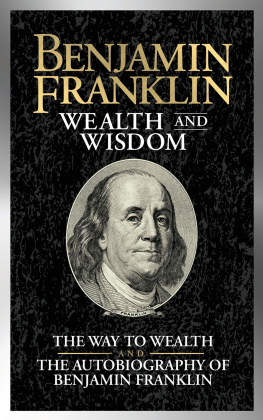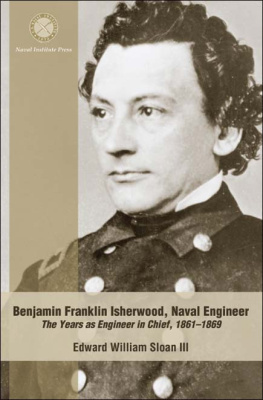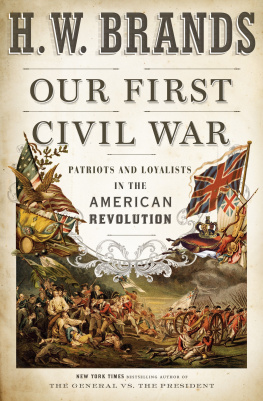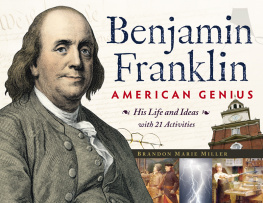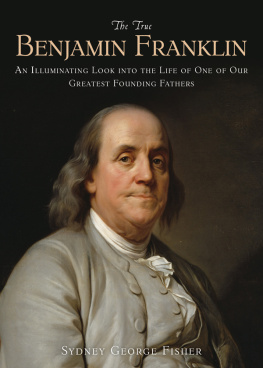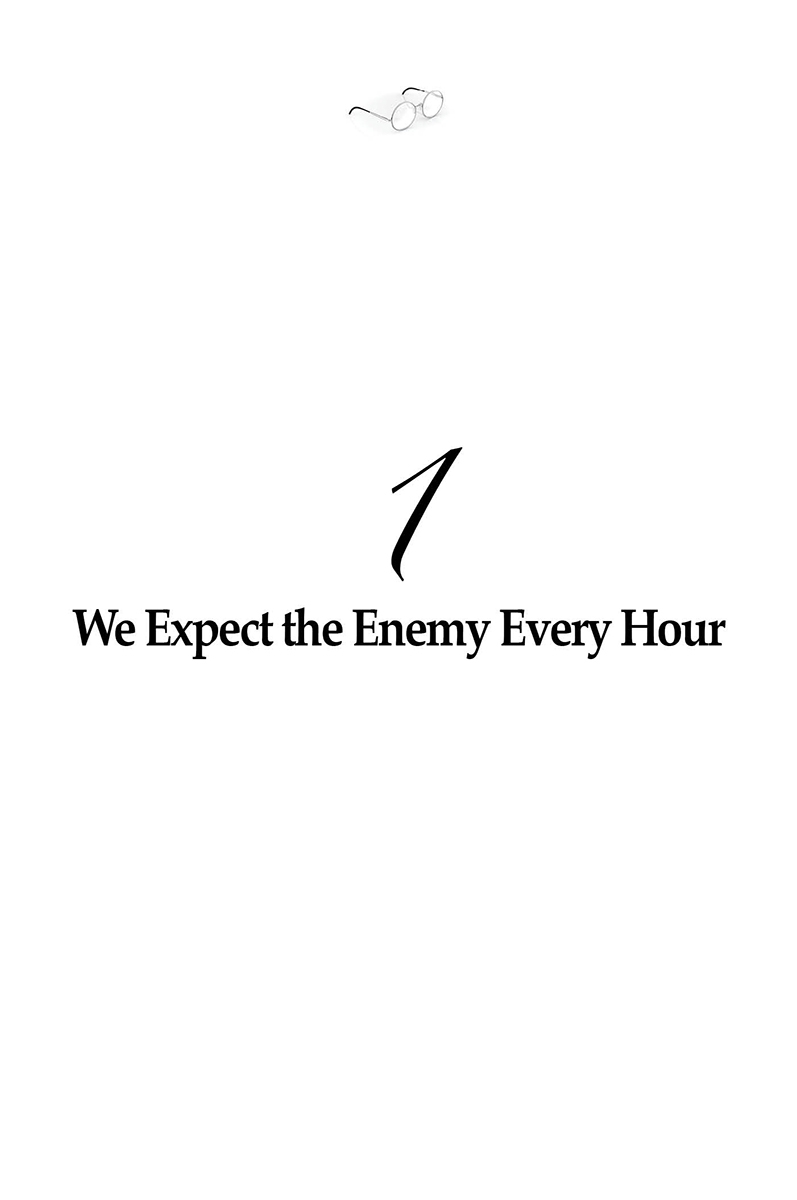We supped one night in Edinburgh with the celebrated Dr. Franklin.... Franklin's son was open and communicative and pleased the company better than his father; and some of us observed indications of that decided difference of opinion between father and son which, in the American war, alienated them altogether.
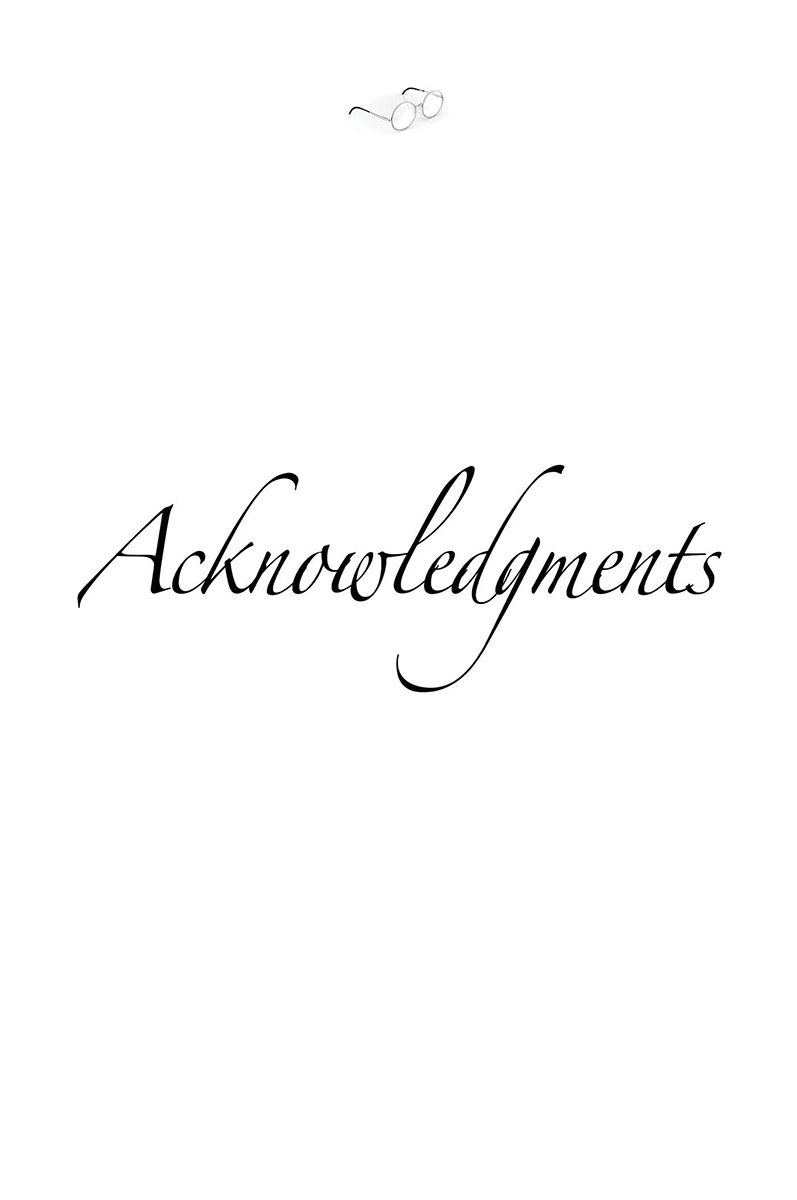
THE NUMBER OF PEOPLE I WISH TO THANK FOR HELPING ME is indeed large. First among them is the late Catherine Drinker Bowen, that great biographer, who encouraged me to look at the Franklin family when I was beginning to research the Loyalists. Whitfield J. Bell, Jr., librarian of the American Philosophical Society, which provided the first small research grant for this work, also gave me generously of his time and ideas. Dr. Robert A. East, director of the Loyalist Project for Studies and Publications at the Graduate Center of the City University of New York, invited me to present my first paper on William Franklin at the First International Conference on the Loyalists, and then he and his son-in-law James E. Mooney, former director of the Historical Society of Pennsylvania, frequently offered me advice and guidance. The Honorable Esmond Wright, director of the Center for United States Studies at the University of London, also was helpful. My friend and advisor at Princeton University, John Murrin, has provided many useful insights, as have Lawrence Stone, Arthur S. Link and Stanley N. Katz.
Special thanks go to my editors and publishers at Little, Brown. For his numerous suggestions and his patience as I struggled with myself as well as this book, I must thank Roger Donald, my editor. For willingness to fund unorthodox views of life in America, past and present, I am once again indebted to George Atwater Hall. To Jean L. Whitnack, much more than a copy editor to me, I owe special thanks. Also providing special assistance were Ellen Panarese, Elaine Richard and Sabina Mayo-Smith. Ray Lincoln, friend, literary agent and sensitive editor, already knows, I hope, how much I owe her in how many ways.
There is a special thank you I wish to extend here to my son, who has put in hundreds of hours assisting me with all the chores that surround the writing process.
No such project as this is possible without the aid of librarians. In the early stages, the staff of the Cape May County Library in Cape May Court House, New Jersey, exceeded the ordinary demands of a rural library as they tracked down hundreds of books through the excellent New Jersey interlibrary loan system. The staff" of the Firestone Library at Princeton University proved solicitous: I wish to thank Stephen Ferguson, curator of rare books; Ann Van Arsdale, Charles E. Greene and Jane Snedeker, in particular. Thanks, too, to Robert Crout of the Madison Papers for his many insightful suggestions. Also helpful were the staffs of the American Philosophical Society Library, the Historical Society of Pennsylvania, the Presbyterian Historical Society and the Lilly Library at the University of Indiana in Bloomington. Personal notes of thanks go to William C. Wright, director of the New Jersey State Archives, and to Albert W. Seaman and Joseph J. Truncer of the Proprietary House Association in Perth Amboy.
A number of timely grants from the following organizations enabled me to carry out this project: the American Philosophical Society, the New York Bicentennial Commission, the New Jersey Historical Society, the Society of Colonial Dames, the New York Authors League and American P.E.N. Among personal friends who have aided this work in a variety of ways are David N. Redman, Mae R. Wilson-Ludlam, Ruth L. King, Donald McKenzie, Bernard Bowman and Nancy A. Nahra.
For permission to quote from papers in their collections, I am grateful to the Lilly Library of Indiana University, the Clements Library of the University of Michigan, the New-York Historical Society, the Massachusetts Historical Society, the New York Public Library, the Historical Society of Pennsylvania, the American Philosophical Society, Princeton University Library, the John Rylands Library of Manchester, England, the Morristown National Historic Park, and Yale University Press for permission to quote from The Papers of Benjamin Franklin , edited by Leonard W. Labaree, William B. Willcox and others, 23 volumes. Copyright 1959, 1960, 1961, 1962, 1963, 1964, 1965, 1966, 1967, 1968, 1969, 1970, 1971, 1972, 1973, 1974, 1975, 1976, 1977, 1978, 1979, 1980, 1981, 1982, 1983 by the American Philosophical Society and Yale University. The spelling, capitalization and punctuation of quotations from eighteenth-century sources have been modernized for twentieth-century readers.
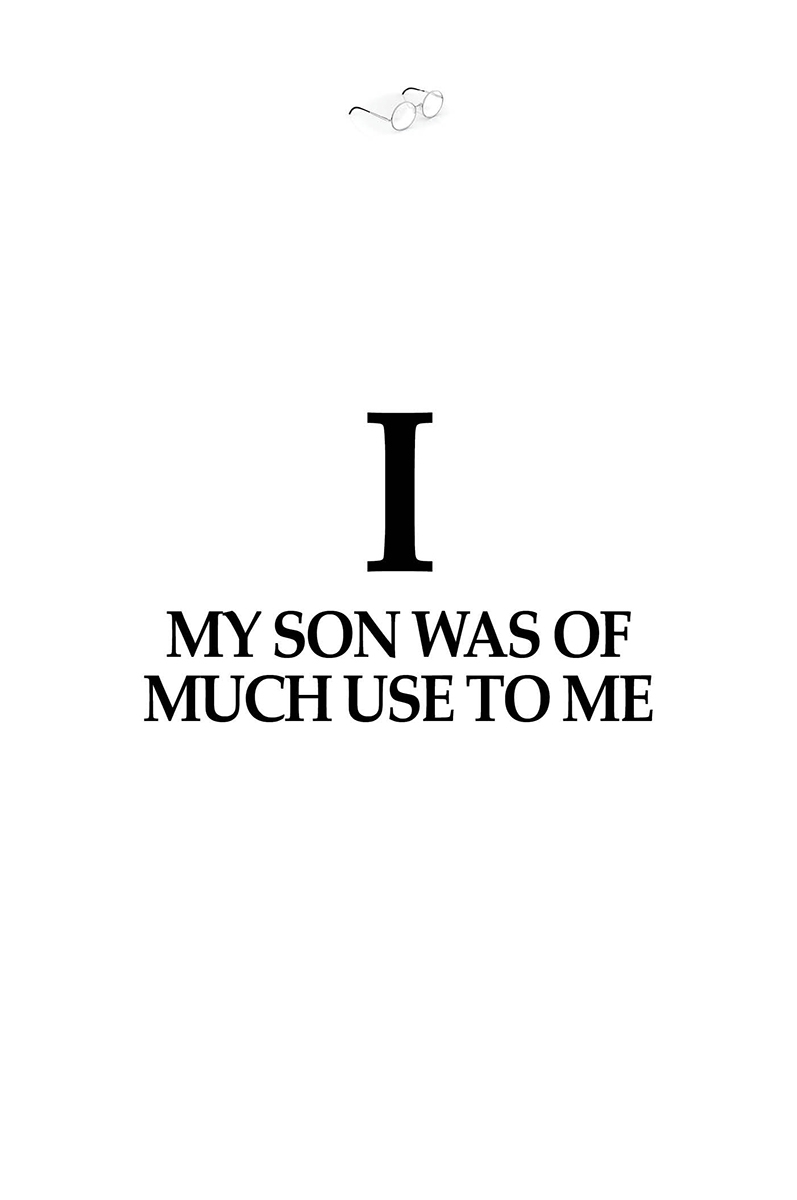
1755
FOR THE FOURTH ICY JANUARY DAY SINCE THEY HAD LEFT for the fortified town of Bethlehem, the Pennsylvania militiamen slogged northwest along the Lehigh River. Hunched under sodden wool coats, they bent into the burning cold wind, their muskets hanging heavily in the hard slanting rain. Aware that the Indians were spying them out, they scanned the thick rocky cover to the left, bushes, boulders and trees to the right. As they trudged along the narrow wagon road, their wet boots slithered and crunched through ice-crusted puddles. They made no more than a mile an hour. Occasionally they glanced up for signals from the officer at the head of the column, then pushed ahead, eager to clear the long gap through Kittatinny Mountain as quickly as they could. If an attack came in this rain, their guns would be useless: they had just learned that eleven of the thirteen militiamen who had left Bethlehem the same day had been killed by Indians when their soaked weapons misfired.
Captain William Franklin, the only seasoned officer on the march, rode the lead horse, his scarlet grenadier's uniform a conspicuous target for Indian snipers. Notwithstanding, he had deployed his 172-man force with an eye to avoiding the fatal mistakes made by General Edward Braddock, whose campaign to Fort Duquesne against the French and Indians last July had ended in disaster at the Monongahela River. (In that tangled wilderness nightmare, British redcoats had paraded in neat ranks into a three-hour cross fire.) Here, the twenty-two cavalrymen were strung out behind Franklin to give the appearance of a much larger force, and behind them marched the infantrymen in single file, Indian fashion, ready to take cover quickly. Ahead, a small contingent of scouts shielded the main body against ambush: they probed thickets and ravines and took each hill as the column approached. Bringing up the rear were the heavy Conestoga supply wagons, each pulled by a plodding six-horse team, and the guard of militiamen. Commander of the expedition was Benjamin Franklin, recently elected colonel of the Pennsylvania militia. Clad in a great blue coat, he rode halfway back in the column with politician friends. Every so often he had to urge the supply teams forward while the rest of the expedition, at Captain Franklin's command, waited for them to catch up.
The men themselves needed no urging. Since Braddock's defeat, all too many of them had viewed the mutilated bodies of relatives and friends, victims of Indian raids along the defenseless 150-mile Pennsylvania frontier. In the last six months, more than four hundred settlers had been killed and an even greater number of women and children dragged west into captivity. At last, on November 25, 1755, the Pennsylvania Assembly had voted the funds to raise a militia for defense. After seven weeks of preparation, the expedition was on its way to build the first of several forts.

